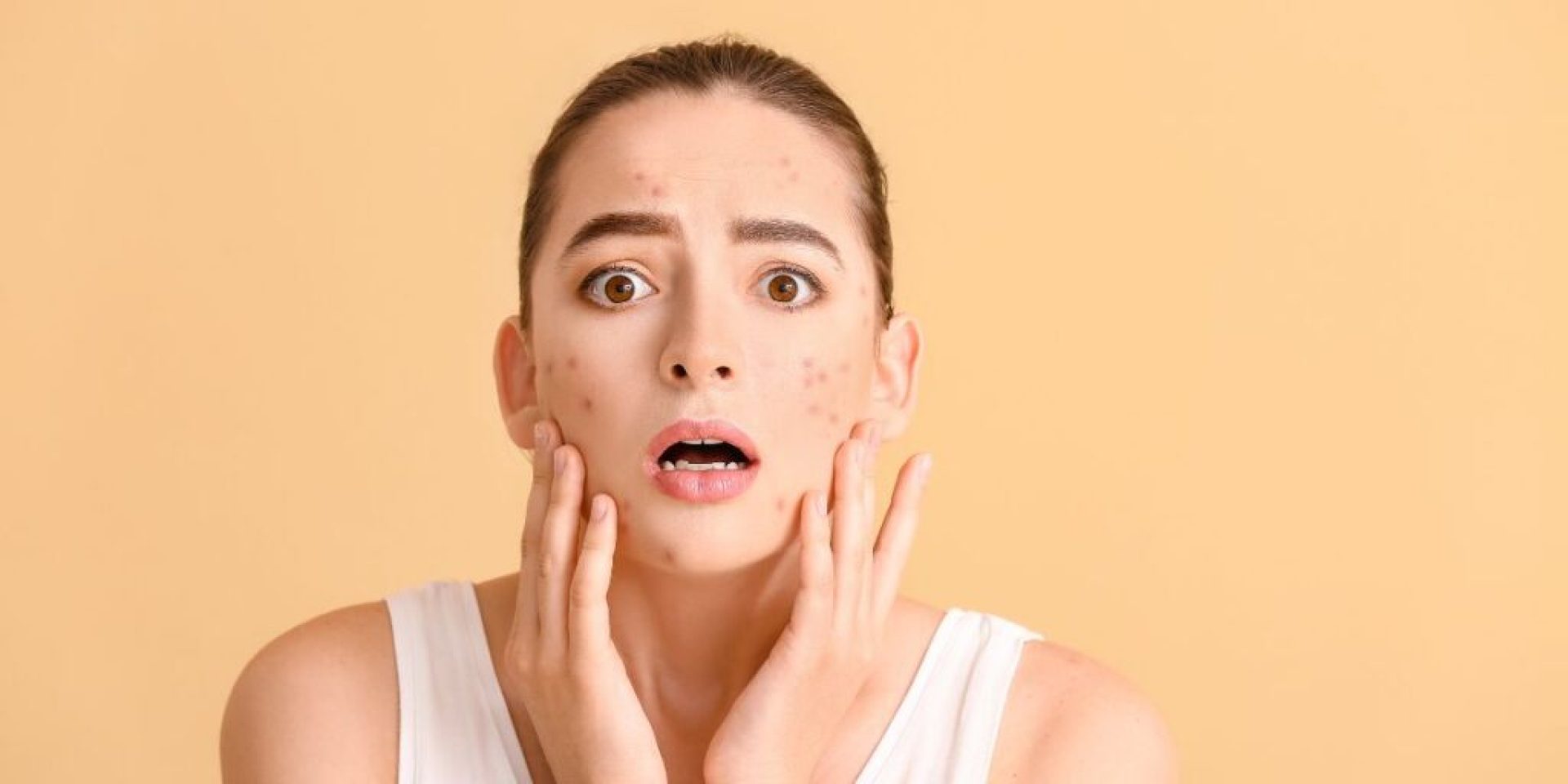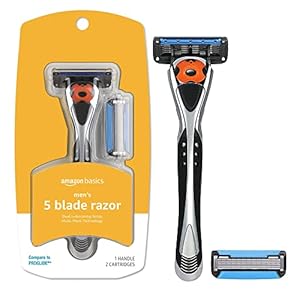
If you’re looking to clear up your skin, starting with a solid skincare routine is key. But is that enough? What if there are other factors at play? Could simple dietary adjustments or lifestyle changes make a significant difference? And what about professional treatments, are they worth considering? Let’s explore the best tips for reducing acne and breakouts beyond just the basics of cleansing and moisturizing.
Skincare Routine Tips
To effectively manage acne and breakouts, establish a consistent skincare routine that includes gentle cleansing and moisturizing twice daily. Use a mild, non-abrasive cleanser to wash your face in the morning and before bed to remove dirt, oil, and impurities that can clog pores and lead to breakouts. After cleansing, apply a lightweight, oil-free moisturizer to keep your skin hydrated without clogging pores. This routine helps maintain a healthy balance in your skin and reduces the likelihood of acne flare-ups.
In addition to cleansing and moisturizing, consider incorporating products with acne-fighting ingredients like salicylic acid or benzoyl peroxide into your routine. These ingredients can help target acne-causing bacteria and prevent future breakouts. However, be cautious not to overuse these products, as they can sometimes cause dryness or irritation.
Remember to be gentle with your skin, avoiding harsh scrubbing or abrasive treatments that can further irritate acne-prone skin. Consistency is key when it comes to skincare, so stick to your routine and give it time to show results.
Dietary Adjustments
Consider making adjustments to your diet to support clearer skin and reduce acne breakouts. Your diet plays a significant role in the health of your skin. Opt for a balanced diet rich in fruits, vegetables, whole grains, and lean proteins. Foods high in antioxidants, such as berries, spinach, and nuts, can help combat inflammation and promote skin health. Additionally, try to limit your intake of processed foods, sugary snacks, and high-glycemic index foods, as they can contribute to acne flare-ups.
Increasing your water intake is also crucial for maintaining clear skin. Staying hydrated helps flush out toxins from your body, keeping your skin hydrated and reducing the likelihood of breakouts. Green tea is another excellent beverage choice, as it contains antioxidants that can benefit your skin.
Incorporating more omega-3 fatty acids into your diet, found in sources like salmon, walnuts, and flaxseeds, can help reduce inflammation and promote overall skin health. Making these dietary adjustments, along with a consistent skincare routine, can significantly improve your skin’s clarity and reduce acne breakouts.
Lifestyle Changes
Making adjustments to your daily habits can also play a significant role in reducing acne breakouts and improving the overall health of your skin. One crucial lifestyle change is to ensure you’re consistently practicing good hygiene. This includes washing your face twice a day with a gentle cleanser to remove dirt, oil, and bacteria that can contribute to acne. Additionally, avoid touching your face throughout the day to prevent transferring germs from your hands to your skin.
Another essential lifestyle change is to manage stress effectively. High stress levels can trigger hormonal changes that may lead to breakouts. Engaging in stress-reducing activities like yoga, meditation, or exercise can help keep stress at bay and promote healthier skin.
Furthermore, make sure you’re getting an adequate amount of sleep each night. Lack of sleep can disrupt hormone levels and increase inflammation, potentially worsening acne. Aim for 7-9 hours of quality sleep to support your skin’s natural healing process and overall health.
Professional Treatments
Ensure professional treatments can provide targeted solutions for stubborn acne and breakouts, complementing your efforts in maintaining clear and healthy skin. Dermatologists offer a range of effective treatments tailored to your specific skin concerns.
One common professional treatment is chemical peels, which help exfoliate the skin, unclog pores, and reduce acne. Another popular option is laser therapy, which targets bacteria and reduces inflammation, promoting clearer skin. In some cases, cortisone injections can quickly reduce the size and redness of stubborn acne lesions. Professional extractions can also be beneficial in removing deep-seated impurities and preventing future breakouts.
Microdermabrasion is a non-invasive procedure that can improve skin texture and reduce acne scars. Photodynamic therapy, involving a photosensitizing solution and specific light wavelengths, can effectively target acne-causing bacteria. Remember to consult with a dermatologist to determine the most suitable professional treatment for your skin type and concerns.
Trending Products














